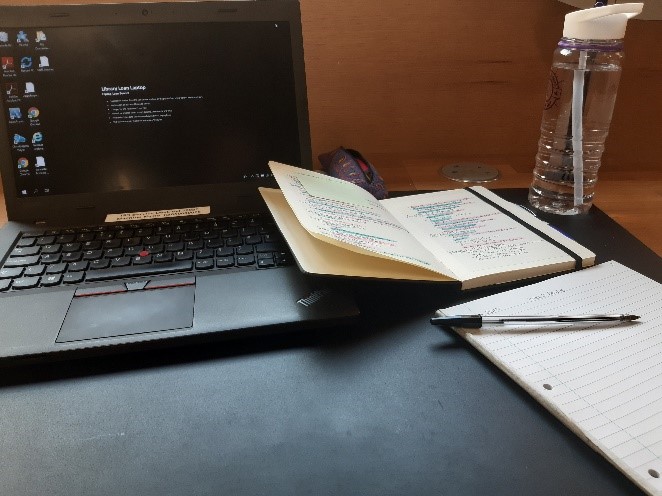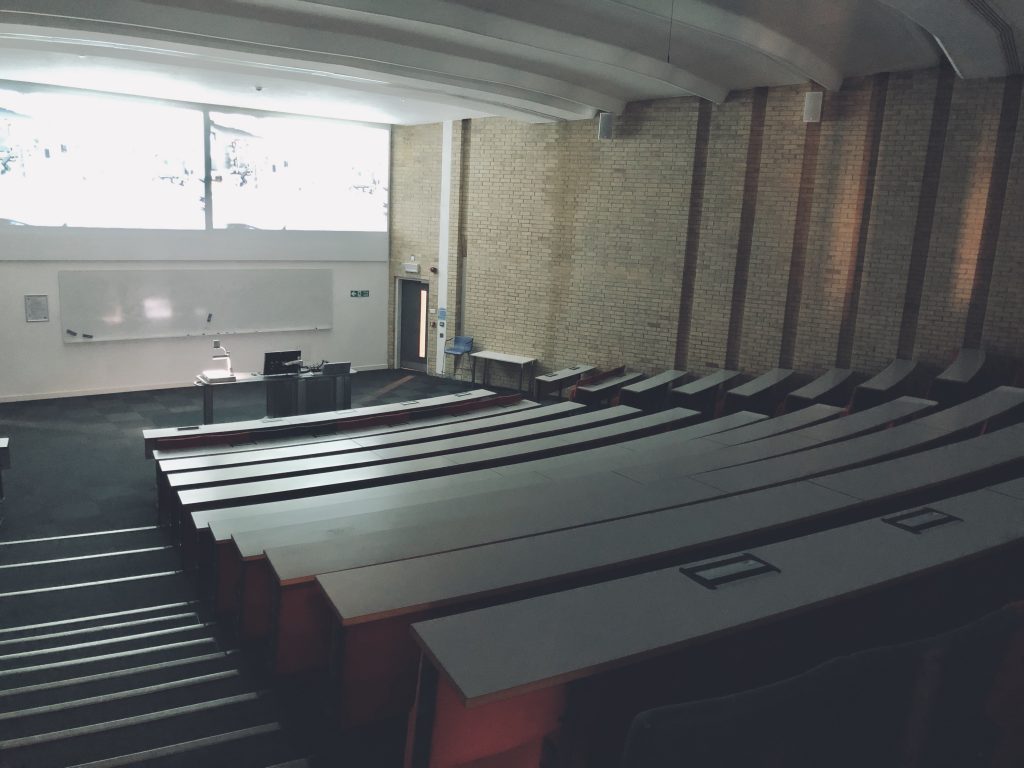By Safiya (Student blogger: BA English Literature)
Essentially, it may well be true. Only many of us students may feel that Susane Colasanti’s ‘We’re all sinking in the same boat here’ is far better attributed to us.
For those people who read memes like their Bible, a mental image of the sinking Titanic supported with the violinists solemnly playing ‘Nearer, My God, to Thee’ probably flashed in your mind, with absolute havoc ensuing in the background.  The qualities attributed to this havoc, however, would be more of students panicking about an upcoming exam, other students rushing to hand in a paper that’s due in an hour while a whole different set of students nonchalantly walk around whilst raving about not having a clue what is even going on.
The qualities attributed to this havoc, however, would be more of students panicking about an upcoming exam, other students rushing to hand in a paper that’s due in an hour while a whole different set of students nonchalantly walk around whilst raving about not having a clue what is even going on.
I, so far, have been all of those students. Allow me to let you in on a not-so-secret secret in order to avoid being part of the havoc: possessing a work-life balance. GASP.
Yeah. Pretty obvious. But no matter how many times you will hear it, actually maintaining a work-life balance will, surprise surprise, make a massive difference. I have yet to abide by several lessons that I have learnt from my experiences, but from what I have conjured so far, these tips will prove to be extremely valuable.
Pay Attention:
Whether it’s a lecture, seminar or lab class that you’ve decided to attend, the bottom line is that you’re there, so you might as well engage with it as best as you can, even if you’re not feeling it. You never know what you may learn, whom you may meet, and you may even surprise yourself with what you discover you can do.
Work on the Commute:
If you’re a commuting student as I am, in the words of Ross Geller, you’ve been ‘given the gift of time.’ Yes, it’s far easier to whip on your headphones and let your imagination run wild, but it’s far more useful to whip out your books, regardless of whether the old lady sitting across from you is judging you for how many pens you’re using to write your notes (true story). You’ll thank yourself later.
Take a Break:
It isn’t selfish to look after yourself. Taking good care of yourself will allow you to also take care of others later on. Work, alongside personal life experiences, can often become overwhelming. It’s not easy to stay away from home and adjust to completely different environments. It will take time to adjust. Look after yourself. Talk to those close to you. Trust the process. You’ll soon start to see your experience blossoming.
Embrace the Cliché:
It’s only after we’ve experienced certain things that the cheesiest and most cliché phrases will be profoundly impactful on us. But don’t shy away from them. Many clichés only exist because many people before you have experienced the exact same thing. You’re never alone in anything, always be conscious of that.
Pray:
Pray, meditate, whatever tickles your fancy. Ignoring the havoc around you and focusing on your inner self, even if it may only be for five minutes, will relax your internal state in a way that no satisfying video will be able to.
Essentially, we’re always going to have a lot going on. Academically. Professionally. Personally. But we have the power to choose. If you want something, according to the wise words of Nike and, more contemporarily, Shia LaBeouf: Just Do It.

 I thought long and hard about what I wanted this blog post to be about, and being a newly second year student, I wish the people before me told me a few things before I started the year.
I thought long and hard about what I wanted this blog post to be about, and being a newly second year student, I wish the people before me told me a few things before I started the year.
 A workshop that, only hours before, I had received an alert of, but decided to mentally, politely decline. It was on ‘types of learners and learning strategies’, and apart from just wanting my ‘institutionally allocated’ free time, I thought, “I’ve been learning just fine, thank you very much”. Yet, there I was, course mates in the same sorry boat sat around me; bright-eyed and hardly-tamed first years sat around us. I got out my pen and notepad, and searched for a spot in the wall that might make the next hour go by quicker.
A workshop that, only hours before, I had received an alert of, but decided to mentally, politely decline. It was on ‘types of learners and learning strategies’, and apart from just wanting my ‘institutionally allocated’ free time, I thought, “I’ve been learning just fine, thank you very much”. Yet, there I was, course mates in the same sorry boat sat around me; bright-eyed and hardly-tamed first years sat around us. I got out my pen and notepad, and searched for a spot in the wall that might make the next hour go by quicker.




